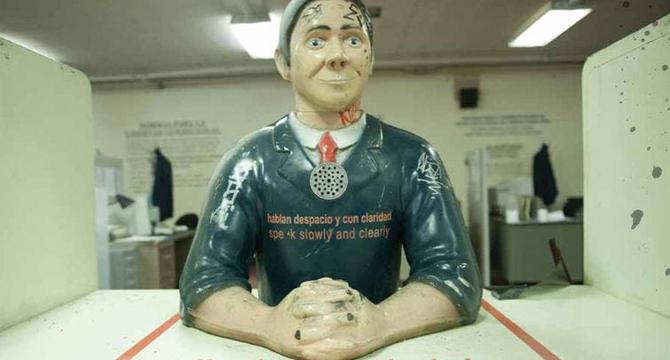Medium
6d
57

Image Credit: Medium
The Post-Human Revolution
- The article discusses the impact of AI on replacing human jobs and the implications for individuals in the workforce.
- It highlights the issue of short-termism and how AI is being used in job interviews and applications, affecting job seekers.
- The notion of Universal Basic Income (UBI) is criticized as a red herring that may not solve structural unemployment on a global scale.
- The article points out that many UBI experiments fail to consider the larger societal implications and the class systems that may become redundant due to AI.
- It questions the feasibility of implementing a special AI corporate tax to fund UBI and challenges traditional organizational structures in the face of AI advancements.
- The author emphasizes the need to address the impact of AI on enterprise strategies and the workforce, including potential job redundancies.
- The discussion extends to the broader societal level, touching on the fantasy of UBI and its compatibility with a workforce increasingly affected by AI.
- The article explores the implications of AI on education, from childhood to higher education, and questions the relevance of traditional career paths in a rapidly changing landscape.
- It concludes by raising a call to action on how individuals and society at large should respond to the transformative effects of AI on various aspects of life and work.
- The author expresses a sense of urgency in addressing the challenges posed by AI and acknowledges the need for proactive measures to deal with its far-reaching impacts.
- The article aims to incite discussion and awareness about the disruptive nature of AI and the necessity of adapting to the changing technological landscape.
Read Full Article
3 Likes
For uninterrupted reading, download the app